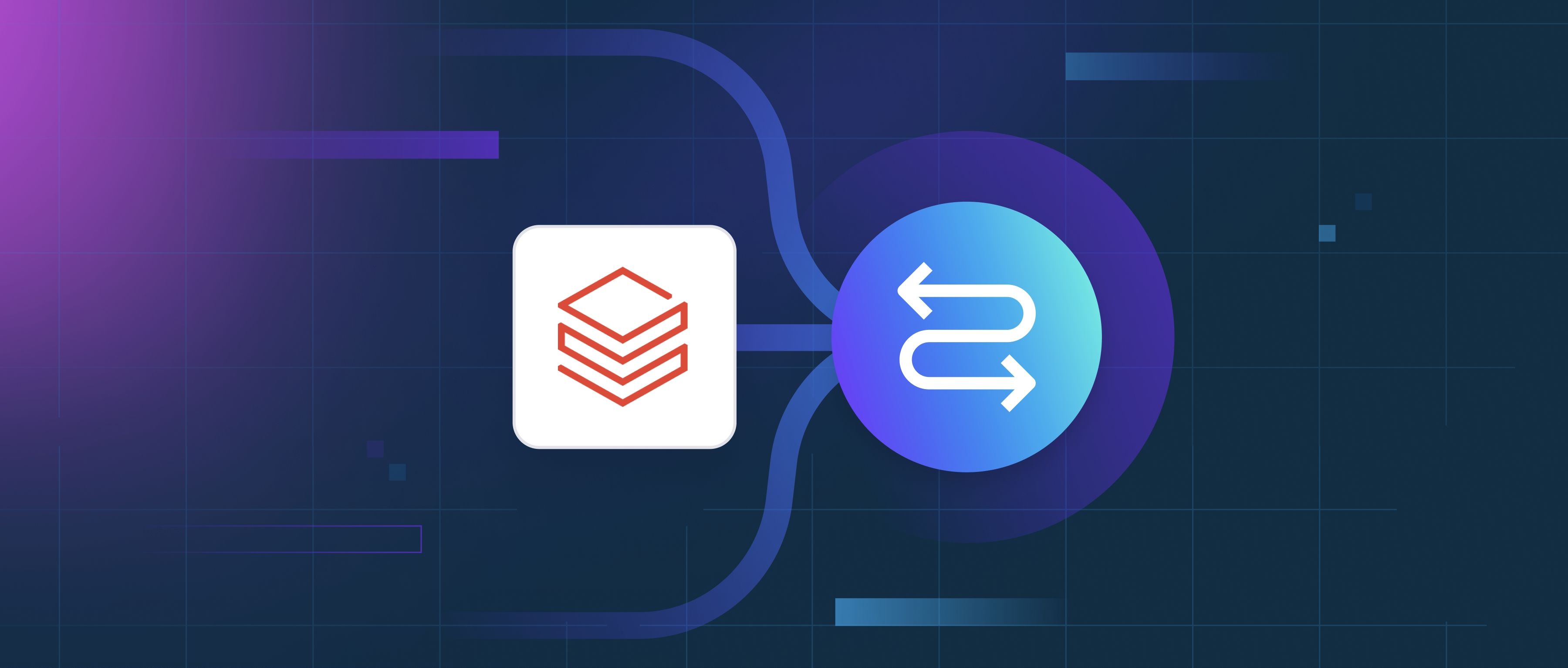AI in healthcare is being widely adopted for tasks like diagnostics, patient monitoring, drug discovery, and personalized treatment. AI models are increasingly used to analyze medical images, such as X-rays, CT scans, and MRIs, to identify conditions like tumors or fractures more quickly and accurately than human doctors. Machine learning models are also helping in predicting patient outcomes, managing patient data, and optimizing treatment plans. For example, AI algorithms can analyze patient histories to recommend personalized treatment strategies or predict the likelihood of a particular condition. However, challenges remain, including regulatory approval, data privacy concerns, and ensuring that AI systems are interpretable and transparent for healthcare professionals. AI has made strides in improving efficiency and accuracy, but full integration into clinical workflows will require further refinement and standardization.
What is the current state of AI in healthcare?

- How to Pick the Right Vector Database for Your Use Case
- Optimizing Your RAG Applications: Strategies and Methods
- The Definitive Guide to Building RAG Apps with LlamaIndex
- GenAI Ecosystem
- Evaluating Your RAG Applications: Methods and Metrics
- All learn series →
Recommended AI Learn Series
VectorDB for GenAI Apps
Zilliz Cloud is a managed vector database perfect for building GenAI applications.
Try Zilliz Cloud for FreeKeep Reading
How do you ensure data privacy in analytics?
Ensuring data privacy in analytics involves implementing a combination of technical and procedural measures to protect s
What is the difference between feedforward and recurrent neural networks?
Feedforward neural networks (FNNs) are the most basic type of neural network, where the data flows in one direction: fro
How do content filters distinguish Ai slop from harmless errors?
Content filters distinguish Ai slop from harmless errors by focusing on patterns of unsupported claims, semantic drift,